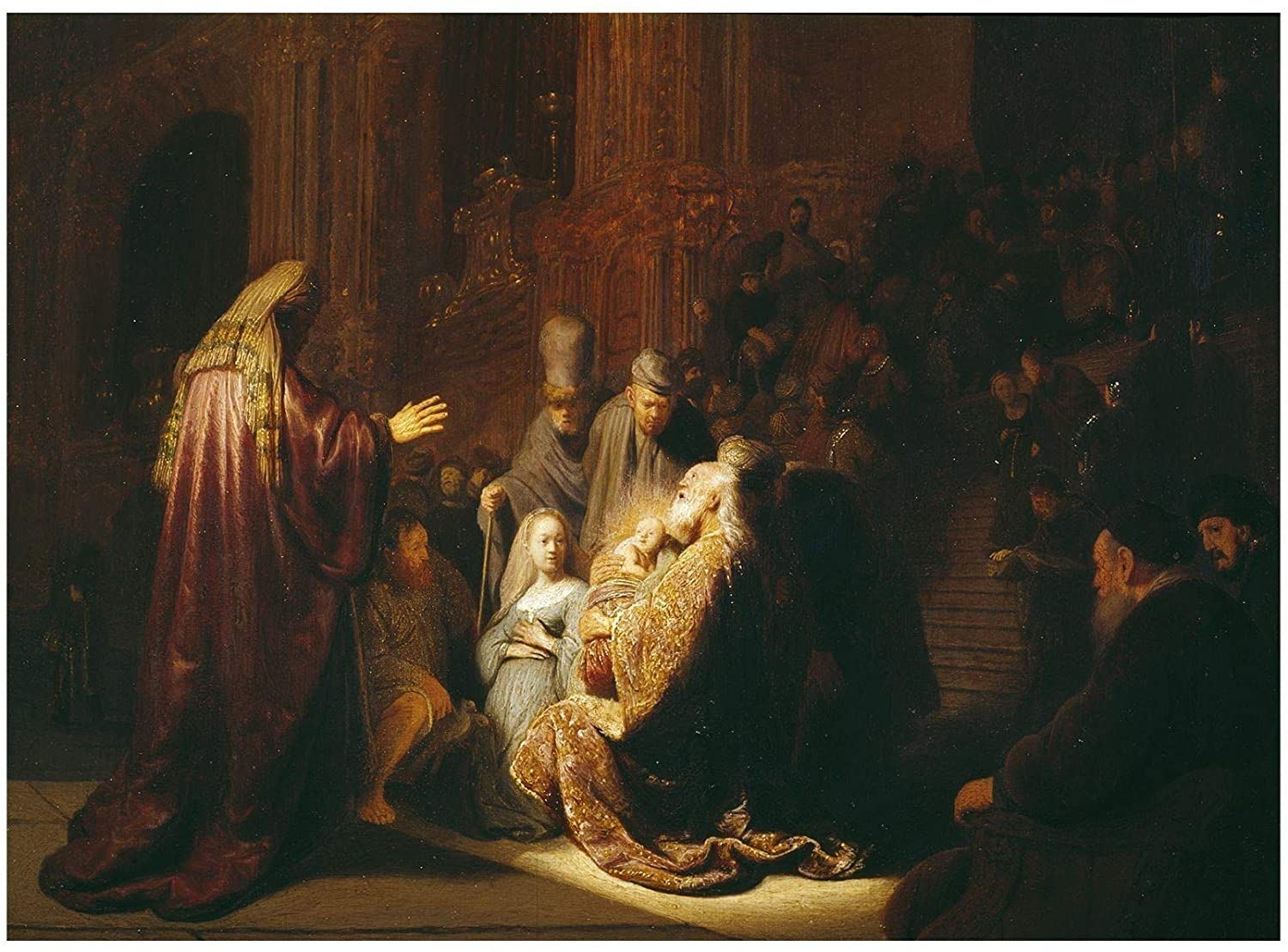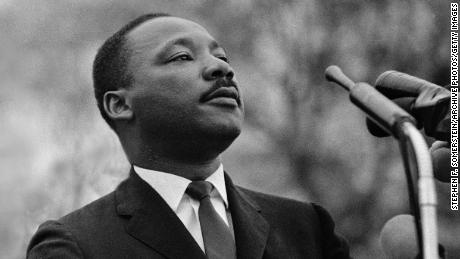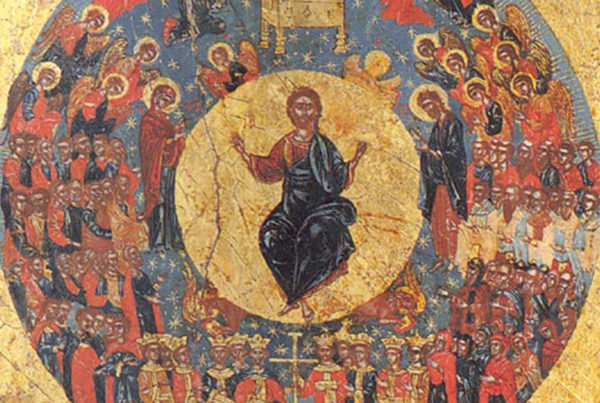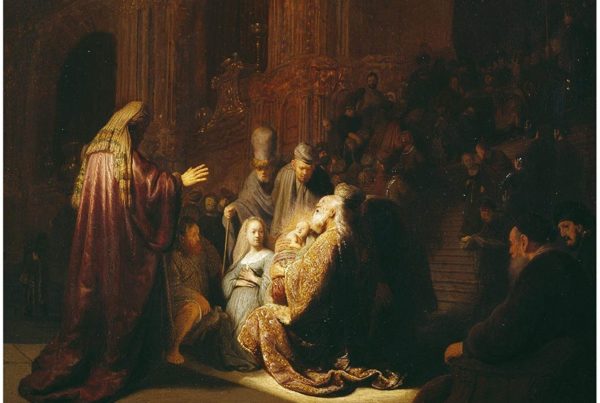Advent begins today. I cannot think of a year when I was more personally ready for it. This has been a year of delay, disruption, of dashed expectations… of waiting with no apparent end in sight. The challenge for all of us (can you think of a time in your life quite like this one, when the entire world waited on edge in the same existential space…?) is to find, or make, meaning of it.
For Christians, the meaning of our waiting lies ready at hand. We are waiting for God. Isaiah’s words are our own:
“Oh, that you would rend the heavens and come down,
that the mountains would tremble before you!
As when fire sets twigs ablaze
and causes water to boil,
come down to make your name known to your enemies
and cause the nations to quake before you!
For when you did awesome things that we did not expect,
you came down, and the mountains trembled before you.
Since ancient times no one has heard,
no ear has perceived,
no eye has seen any God besides you,
who acts on behalf of those who wait for him.
You come to the help of those who gladly do right,
who remember your ways.” (Is 64:1-5)
We are waiting for God. We are asking–no, pleading with–him to tear open the heavens and come down, to make his name and his ways known again, to set fire to evil, to boil away the impurity of wickedness, to restore his good world.
We have it on apostolic testimony that the longed-for coming of God is assured. “[The apostles] were looking intently up into the sky as [Jesus] was going, when suddenly two men dressed in white stood beside them. ‘Men of Galilee,’ they said, ‘why do you stand here looking into the sky? This same Jesus, who has been taken from you into heaven, will come back in the same way you have seen him go into heaven’” (Acts 1:10-11). That is, physically, visibly, Christ will return, making all things new. So said Peter: “Heaven must receive him until the time comes for God to restore everything, as he promised long ago through his holy prophets” (Acts 3:21). As the creed puts it: “He ascended into heaven, and is seated at the right hand of the Father. He will come again in glory to judge the living and the dead, and his kingdom will have no end.” And we add, heartily: “Amen. So be it.”
But just as soon as the sound of the “amen” and the “so be it” dies away, we are left with the waiting–with our longing for the coming of God, for the renewal of all things, for the arrival of the kingdom… and with our feelings of helplessness in the face of it all–that we, no matter how faithful we are, no matter how desperate our longing, no matter how fervent our prayers, are simply not capable of bringing about the kingdom. God will do it. On his timetable. Not ours. We are not in control.
The illusion of control is one of the principle idolatries of the modern world–which the circumstances of this year have profoundly challenged. We live in a “one click, drop ship,” on-demand society where our every appetite can be (quite nearly) instantly satisfied at the click of a button. The old wisdom of delayed gratification, of bearing times and seasons of “doing without” with tranquility, of operating on another’s timetable without grumbling or complaint, is rapidly evanescing. We are quickly becoming a society of two year olds, who cannot be happy unless and until we have things our way, in our time.
Christians are people who should know better. Unfortunately, many popular Christian leaders have and are training the masses to believe that faith is yet another strategy to get what you want, when you want it, how you want it. God is a means to get us the “good life”–on our terms and in our time. To the extent that any version of Christianity does this, it is idolatrous. Flee it.
The wisdom of Advent is that it resists us at exactly this point, throwing us back into our proper relation to God, to the world he has made, and to the history that us unfolding around us:
“Out of the depths I cry to you, Lord;
Lord, hear my voice.
Let your ears be attentive
to my cry for mercy.
If you, Lord, kept a record of sins,
Lord, who could stand?
But with you there is forgiveness,
so that we can, with reverence, serve you.
I wait for the Lord, my whole being waits,
and in his word I put my hope.
I wait for the Lord
more than watchmen wait for the morning,
more than watchmen wait for the morning.
Israel, put your hope in the Lord,
for with the Lord is unfailing love
and with him is full redemption.
He himself will redeem Israel
from all their sins.” (Ps. 130)
We are no more able to bring about our own redemption than the watchman is able to bring about the morning. And so what do we do? We wait on God… with all that we are and have. “My whole being waits” says the Psalmist, not just “like” the watchman, but “more than” the watchman–and he repeats it twice, for emphasis.
Waiting on God for the coming of God–this just is the life of faith, which is why Barth quipped “What other time or season can or will the Church ever have but that of Advent!” (CD IV/1, 322) Living between the Incarnation and the Second Coming, waiting on God for the coming of God–these are not occasional practices or seasons for the believer; they are the entirety of our devotion. Our whole life is but a single, uninterrupted cry, “Come, Lord Jesus!” as we lift weary, waiting, watchful eyes to the heavens.
Such waiting, as it turns out, is spiritually salubrious. The deferral of our desires, the relinquishing of them into the hands of another, is good for us. “But they that wait upon the Lord shall renew their strength; they shall mount up with wings as eagles; they shall run, and not be weary; and they shall walk, and not faint” (Is. 40:31). Spiritual vitality and wholesomeness comes to us–paradoxically–as we wait on the Lord, doing without the things we thought we needed.
I can think of three reasons why this is so:
First, it teaches us again to draw life straight from the Source. Jesus said to his disciples, “I have food to eat that you know nothing about” (John 4:32). Seasons of deferral, like disciplines of self-denial, throw us into the depths of this truth, depths that Jesus knew well. “Man shall not live on bread alone, but on every word that comes from the mouth of God” (Matt. 4:4). When we learn that it is not the gifts but the Giver who gives us life, then we begin to truly live, not compulsively running to this or that thing–new career, new city, new house; new car, new church, spouse; more food, more drink, more binge-watching TV–to make us happy, but resting wisely and happily in the reality that God is our All.
Second, it puts us in touch again with the “groan” of creation. Paul wrote, “We know that the whole creation has been groaning as in the pains of childbirth right up to the present time. Not only so, but we ourselves, who have the firstfruits of the Spirit, groan inwardly as we wait eagerly for our adoption to sonship, the redemption of our bodies” (Rom. 8:22-23). The on-demand life deceives into thinking all times should be the time of fulfillment. But they are not. The time we live in now is a time of groaning. This past year we have learned that anew–a global pandemic, an unsteady economy, civil unrest, rising rates of depression and anxiety. Believers in Jesus are not exempt from the sufferings of the world–indeed, we share IN them, for we also are buried inside of those sufferings, groaning as we wait… but with a difference–we “groan” with reference to our hope, which in Christ Jesus is sure: “For in this hope we were saved. But hope that is seen is no hope at all. Who hopes for what they already have? But if we hope for what we do not yet have, we wait for it patiently” (Rom 8:24-25).
Third, as Paul alludes to in Romans 8:25, the waiting teaches us patience again. And patience makes us wise, and good. I find it fascinating where “patience” sits in Paul’s list of the fruit of the Spirit (Gal 5:22-23):
Love
Joy
Peace
PATIENCE
Kindness
Goodness
Faithfulness
Gentleness
Self-control
Perhaps this is a stretch, but I’m tempted to say that the more obvious, “others-directed” character qualities of “kindness” and “goodness” and “gentleness” and so forth hinge on “patience”–as though the divine gifts of love, joy, and peace can only take root in us and find expression in the world to the extent that we learn patience… that we learn to wait on God, and others… that we enter into God’s time and God’s way. By the same token, nothing starves and chokes the flow of the life of God in us like impatience. You cannot sit in traffic fuming at how slowly it is moving and how stupid people are still be generous in your heart towards others. Patience I think is the very soul of virtue. Learning to wait on God makes us good.
Barth makes a fascinating suggestion about this. Commenting on the interval we now live in–the interval between the victory secured at Easter and its consummation at the Second Coming–and noting that it did not have to be this way (i.e., God could have completed history right there and then, with the Resurrection), he writes that “God still has…time for humanity, for us” (CD IV/1, 736). God, in other words, is patient. And his patience has one object: people. Had God brought the kingdom in full at Easter, Barth contends that the victory of God would have been indistinguishable from the victories of the pagan gods, a “unilateral decision and exercise of force…a dictatorial declaration of his will…a sovereign overpowering of humanity” (735-736).
But that is not our God, not the God revealed in the humble, human Jesus. He continues:
“What is the purpose of the space which is still given to man? …Its purpose is obviously this–that God will not allow His last Word to be fully spoken or the consummation determined and accomplished and proclaimed by Him to take place in its final form until He has first heard a human response, a human Yes. …In order that this may happen, He still gives to the world space, time and existence. …He did not need it. He might have done without it. But it is a further dimension of his friendliness to man” (737-738).
“His friendliness.” I love that. God is not a bully. He does not push or cajole. He whispers. He woos. And he waits. Because he loves the world–this world, in which there is so much that is wrong. Because he is friendly to the world–this world, which like the disciples we at times want him to simply burn. But he doesn’t. He won’t. Because he wants the world’s heart…
Just as he wanted and wants us, and was and is patient with us as we yield our hearts to him. Impetuous and impatient St. Peter’s words are apt here: “The Lord is not slow in keeping his promise, as some understand slowness. Instead he is patient with you, not wanting anyone to perish, but everyone to come to repentance” (2 Pe. 3:9).
Peter, whose impatient desire to see the kingdom in his way, in his time, led him to cut off the ear of Malchus, finally learned that if God is patient with us, then we can be patient too. And that if God’s patience will not come up empty–for no word of God’s will ever fail–then neither will ours.
So we wait… with God… for God… in hope.
Happy Advent.




